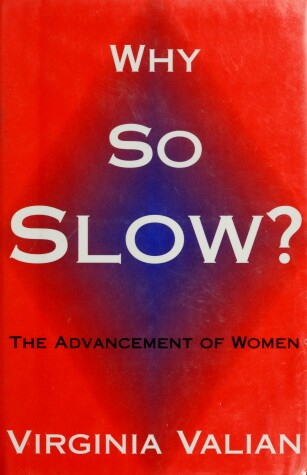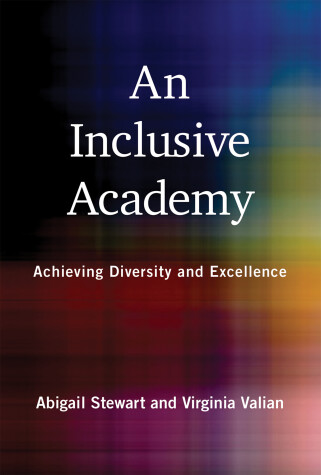The MIT Press
2 total works
The book makes its case with experimental and observational data from laboratory and field studies of children and adults, and with statistical documentation on men and women in the professions. The anecdotal examples throughout provide a lively counterpoint.
Most colleges and universities embrace the ideals of diversity and inclusion, but many fall short, especially in the hiring, retention, and advancement of faculty who would more fully represent our diverse world—in particular women and people of color. In this book, Abigail Stewart and Virginia Valian argue that diversity and excellence go hand in hand and provide guidance for achieving both.
Stewart and Valian, themselves senior academics, support their argument with comprehensive data from a range of disciplines. They show why merit is often overlooked; they offer statistics and examples of individual experiences of exclusion, such as being left out of crucial meetings; and they outline institutional practices that keep exclusion invisible, including reliance on proxies for excellence, such as prestige, that disadvantage outstanding candidates who are not members of the white male majority.
Perhaps most important, Stewart and Valian provide practical advice for overcoming obstacles to inclusion. This advice is based on their experiences at their own universities, their consultations with faculty and administrators at many other institutions, and data on institutional change. Stewart and Valian offer recommendations for changing structures and practices so that people become successful in ways that benefit everyone. They describe better ways of searching for job candidates; evaluating candidates for hiring, tenure, and promotion; helping faculty succeed; and broadening rewards and recognition.

